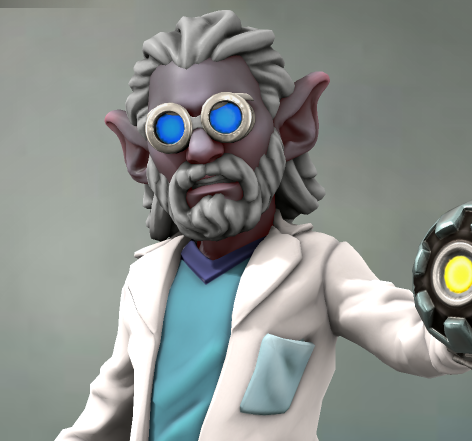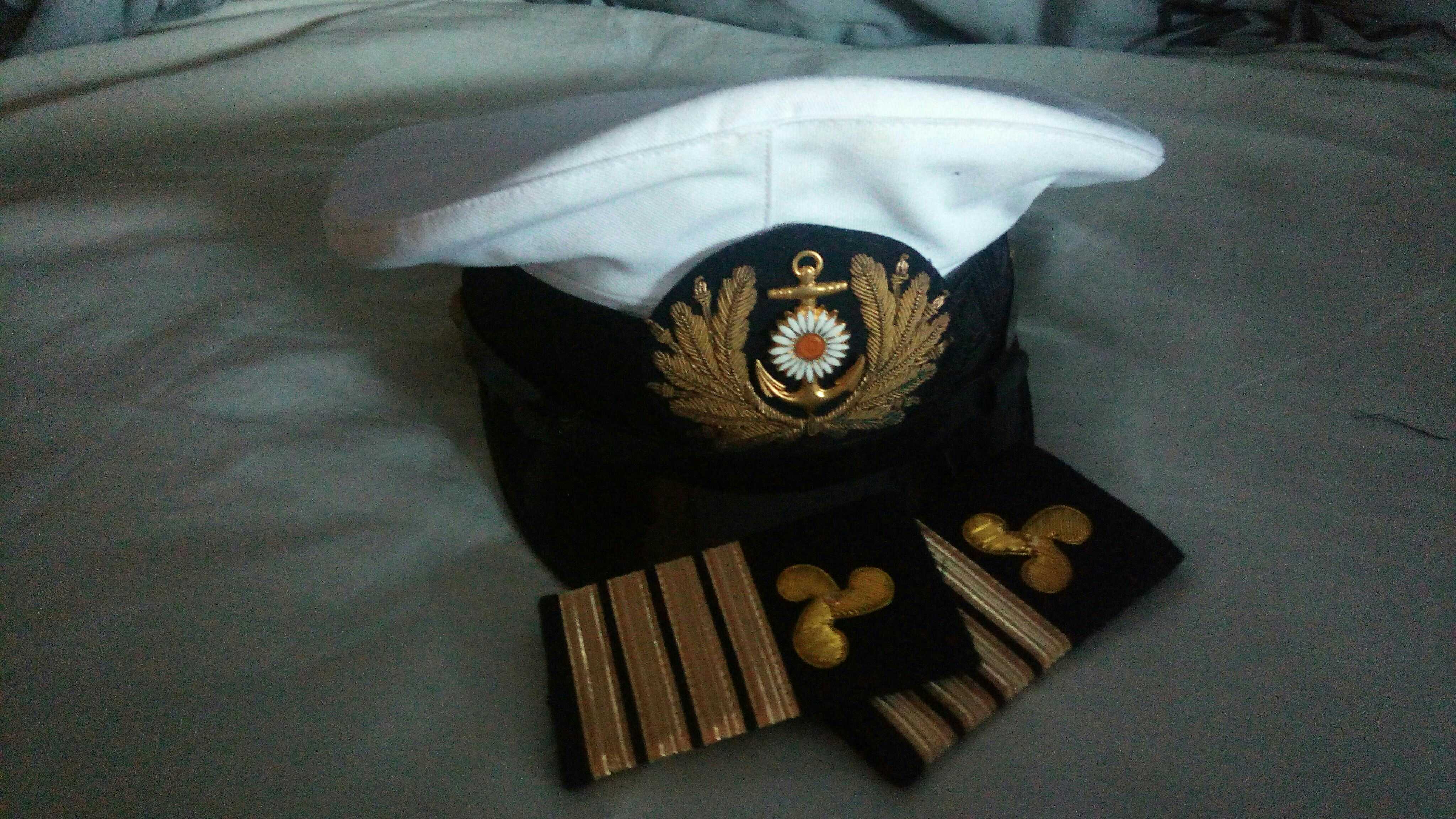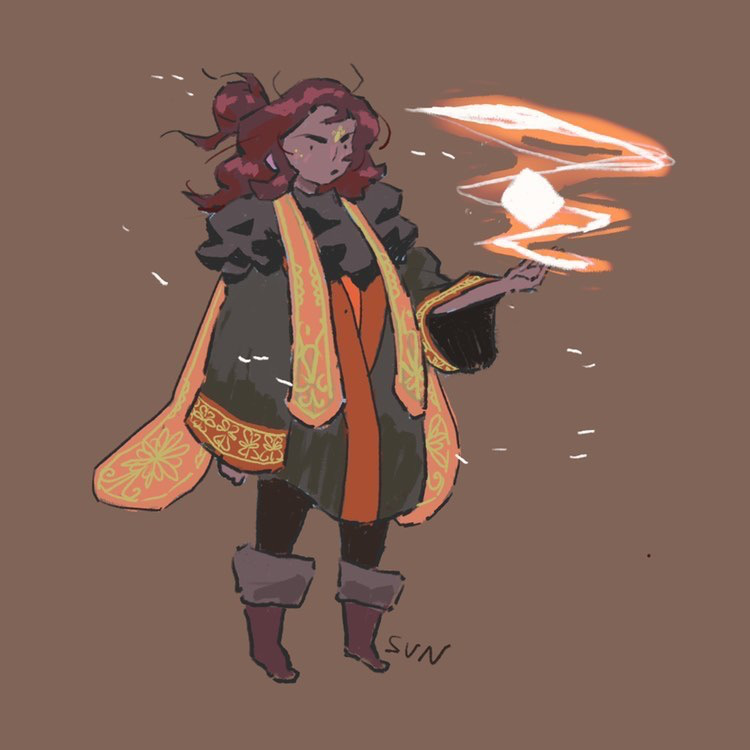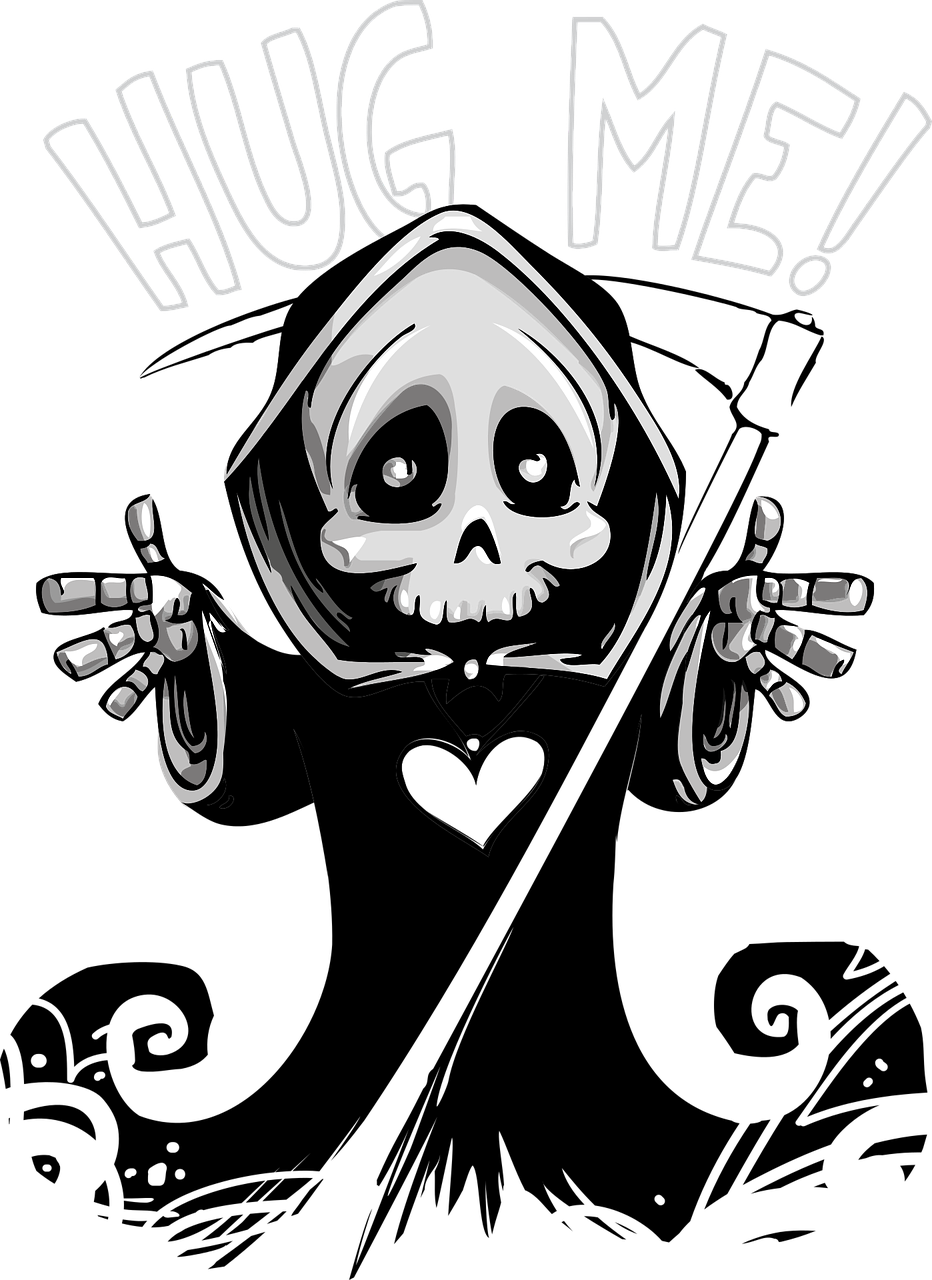History
Life
Vondor is the most renowned playwright within
Clansmen society. While he wrote hundreds of letters, poems, plays, books, and other works he is best known for:
Of Hope, the Tale of Einryn, Clinging to the Mist, and Thief Without Faith. Clinging to the Mist was his first published work and would be the first work ever published by a Low Clan member. Thief Without Faith quickly became a staple of the
Church of Marrus due to its subtle and clear morals throughout. Finally,
Of Hope, the Tale of Einryn. Of Hope would ignite the passions and fury of the Low Clan and cause both a political and cultural revolution. The political revolution would give enfranchisement to the Low Clan as well as place the
Blue Mountain Clan as the
Mangtormo (mang-tor-mo), Masters of Ceremony and Council, for the
Dwarvish Clans. The
Blue Mountain Clan would hold onto this position even today.
It would also give rise to a whole new form of literature within Clansmen society called Blue Books. Blue Books were works of literature that comment and confront social or political issues through plot points and character development. — Literary Works Both Now and Then, by Nesvrim Fem
Execution
While Vondor was once favored by the
Church his radical ideas of making the Low Clan equal to the Upper Clans quickly caused the
Church to distance itself from him. In old
Clansmen society, there were two major classes of Dwarfs. The Low Clan who were indentured servants. They would find themselves employed by an Upper Clan and buy food, rent their home, and do almost everything through that one clan. This was only added to when you considered taxes and tithes required. The Upper Clans were any 'official clan,' which means that the Council of Four sanctioned them. These official clans would be exempt from many taxes, and there were no required tithes, only voluntary ones. This allowed them to gain wealth far quicker than the Low Clan. In
Of Hope, the Tale of Einryn, Vondor wrote about a young woman who was able to ascend from the Low Clan to become one of the most powerful and respected priests in the nation. He spoke about easing taxes and tithes on the poor and the rich paying their share. None of this was taken well by the Council of Four. The Council finally ordered Vondor to destroy all materials referencing
Of Hope, the Tale of Einryn, and end any productions. Vondor not only refused but started to show the play on the streets for free. Vondor would be arrested and brought before the Council of Four. The Council would sentence him to death for treason, corruption of culture, and heresy. Upon hearing this the members of the Low Clan within the
Blue Mountain would rise up and take control of the mountain city. They would then march their way to the
Mountain Home, seizing and capturing leaders of the Upper Clans as they went. Vondor's death would be the start of the
Blue Mountain Days and upon their end, Vondor's brother would declare a new clan headed by his dead brother, the
Blue Mountain Clan.
Funeral
Upon his execution Vondor's body was held by the Council of Four within the prisons of the Mountain Home. Once the Blue Mountain Days had passed Vondor's body was liberated and returned to his family. On the 19th of Armies March Priests from the Church of Marrus and Church of Amero were brought in to perform Vondor's funeral. The day is still honored as a time of morning and reflection upon society. While the holy flames only lasted a short while, the songs and music of the Clansmen in honor of Marrus and Vondor would last for two days. The new Council of Four would bring Vondor's ashes to the Council Chambers and encase them within the Chair of the Mangtormo. This would remind all those who govern the Clansmen of the posibilty of revolution.
Mental characteristics
Social
Vondor grew up in a highly religious home, as most Clansmen are. Vondor's family focused their worship within the Church of Odlo. Stories are told that one day Vondor couldn't sleep one night so at age 10 he went walking around the halls of the Blue Mountain. He heard the morning worship songs of the Church of Marrus and was drawn to them. After sitting and listening for some time he went home and was able to sleep. Vondor allegedly snuck back every morning for the next five years before finally approaching the group. Where he was welcomed into the song. Historians are divided on if this story is true but regardless Vondor would give his main worship to the Church of Marrus upon leaving his family home.
It is well documented that Vondor was a highly religious man, even by
Clansmen standards. Vondor would make large offerings whenever possible and would attend some religious event daily, many note he had a preference for morning prayers. Vondor would give worship to the rest of the
Great Pantheon of Gods whenever they held holidays or special events but none would capture his worship like
Marrus.
Vondor was relatively quiet and recluse even after his rise to fame. Many stories tell of him locking himself away to write only to leave once for prayer. While his oratory charisma may not have been the best his eloquence with a quill was legendary. Many of today's famous playwrights, writers, and thinkers quote Vondor regularly and are quoted wishing to have met him in person. Upon his death, thousands of letters, manuscripts, plays, and other works were found by his brother. These were published and circulated far and wide. While none of them claim the respect and status that
Of Hope, the Tale of Einryn does they are all still masterworks within their own right.
Recounts say that Vondor was soft spoken. He had a high pitched voice that tended to sound as if he had an accent or was from another place. Though by looking at him anyone could tell he was a Clansmen. Whenever Vondor did speak he choose his words with the utmost care. Never needing to pause or correct himself mid sentence. Everyone who heard him speak considered his voice to be impressive and thought of him as a well spoken Clansmen. Despite this Vondor would do most of his communication through quill and ink rather than speaking to people.
During his lifetime Vondor was a member of the Low Clan. This meant not only did he not have much wealth to start with but almost everything he made would be paid in taxes, tithes, and dues to the Upper Clans. At birth Vondor's family would not own the house they lived in, the land it stood on, or the furniture within it. As Vondor's fame grew so to did his wealth. While these harsh levies against his income would never go away Vondor was able to collect some wealth. He was one of a very few Low Clan people to actually own property, a small one bedroom house of approximately 250 sq ft. This would place him as one of the wealthiest Low Clan people but still poorer than any Upper Clans folk. Most of his income from his plays would go to paying for publication, the levies, and general life necessities. Most scholars attribute his ability to buy property to the Church of Marrus becoming a patron of him during the time he wrote Thief Without Faith and the following stories.
The Upper Clans was a slang term for any official clan within Clansmen society. This would be the merchants, explorers, guildsmen, priests, rulers, etc of society. Unlike the Low Clan, which was the official name for any peasant, Upper Clans was only used when trying to offend someone above your station. — The Clans and Conflicts, by Drumish Scribe of the Clan Silver Horn
Current Date -
The Yet Unnamed Year of 1494 ce

Honorary & Occupational Titles
After his death Vondor would be known as; Vondor First of His Name, Champion of the Clans, and Master of the Blue Mountain.
Date of Birth
26th of Heaven's Heat in the Year 101 ce
Date of Death
14th of Armies March in the Year 143 ce
Life
101 ce
143 ce
42 years old
Circumstances of Death
Execution by official order
Birthplace
The Blue Mountain
Place of Death
The Mountain Home
Belief/Deity
Church of Marrus
Known Languages
Human Common
Dwarvish
History of the Clansmen and Vondor
Clansmen History











Its a good article with some great information about the character. Are you adding anymore to this article?, and why was he executed? Aemon
Thank you, I really appreciate the support!! I am adding some things here and there to round it out so if you have any ideas feel free to let me know! I forgot I didn't have the reasoning on this article (it was on the Of Hope one instead) so that you for reminding me.